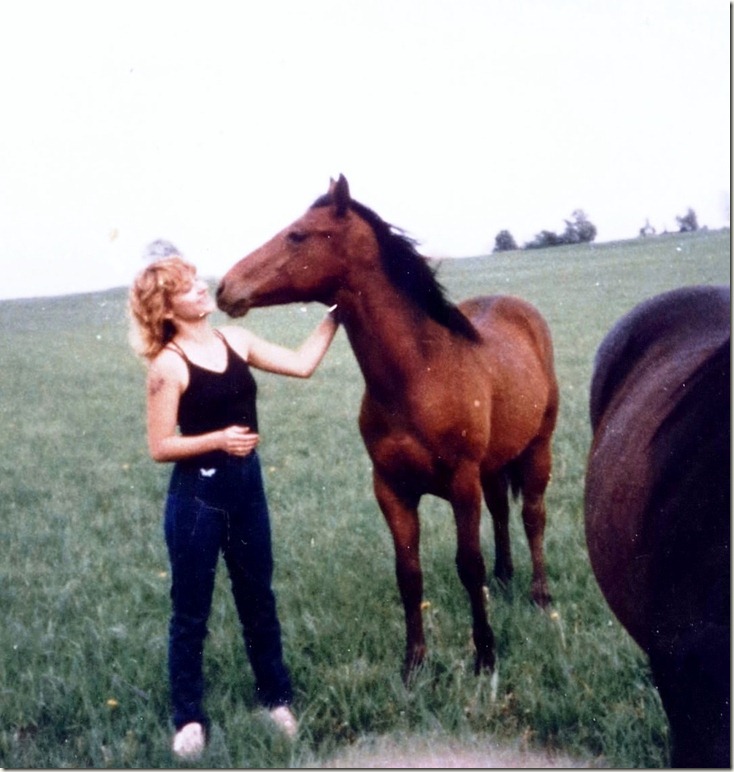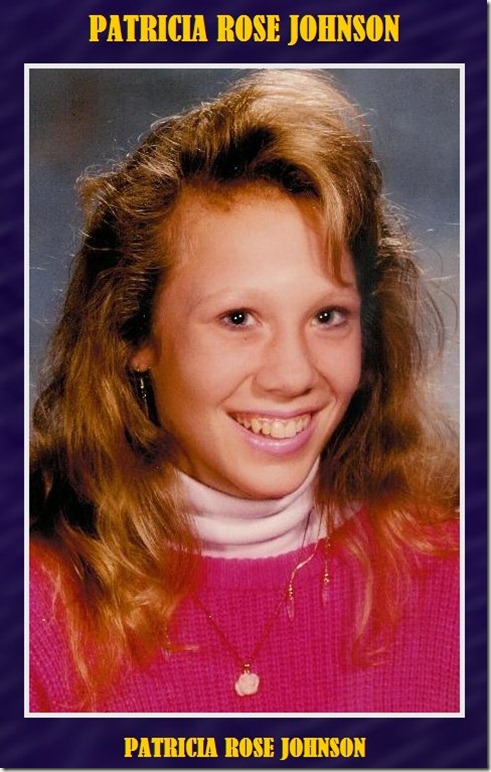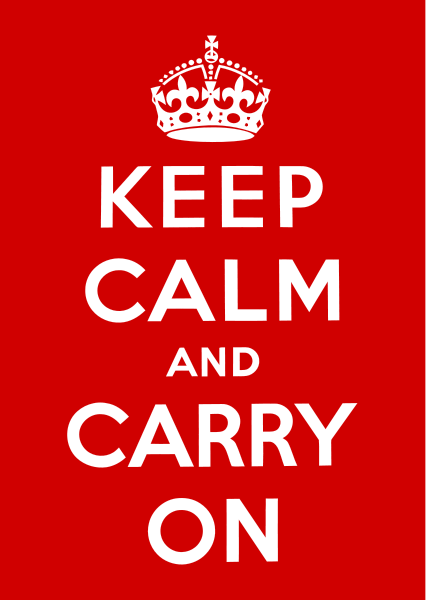Tensions have grown for months, with dozens of groups boycotting proceedings as unfair. Now more families speak out. Today, deputy police chief LePard takes the stand for the last time -- but will anything come of the inquiry?
David P. Ball Posted: Dec 15th, 2011
B.C.'s missing women's inquiry hearings saw long-time tensions boil over yesterday in a pointed argument between the lawyer for families of Robert Pickton's murder victims, and beleaguered commissioner Wally Oppal – leaving several of the families enraged and the inquiry increasingly in question.
Oppal's reluctance to allow new witnesses to be called – amidst concern for the inquiry's length, as it has already been extended to April 30 – was met with Cameron Ward, lawyer for 25 families, criticizing of the entire process, a frustration shared by several victims' families with whom the Vancouver Observer spoke – in fact, from Day One of the inquiry, some families and friends have held drum circles blocking the Georgia and Granville intersection, laying down quilts in memory of the missing women. But concerns are now spilling over into the courtroom.
“Frankly I'm getting really sick of getting re-victimized by this system,” said Lori-Ann Ellis, whose 26-year old sister-in-law, Cara, was murdered by Pickton, although charges stemming from her death were among the 20 stayed by the Crown. “There's no even playing field in there for anybody.
“It's very tilted towards people in power – police, the RCMP, court lawyers. Anyone who's dealing with sex trade workers and impoverished people isn't getting a fair time in there.”
The Missing Women's Commission of Inquiry, which is in its final week of meetings until January, was established to investigate why police took years to investigate serial killer Robert William Pickton, who admitted to killing up to 49 Downtown Eastside women – but was only charged with the second-degree murders of six.
When the Vancouver Observer askd Ellis what motivates her, she said it was because of a commitment she made to seek justice for her sister-in-law. Cara Ellis, 26 when she died, was close to her two brothers and her half-brother, even after years of absence; she had run away at age 13, Ellis said, but when she returned “she hugged them with all of herself – it was like the gap never existed.
“Every day I wake up and think, 'What do I need to do today to bring her justice and help her rest in peace?'” Ellis said, recalling how she returned to her Calgary home after the Pickton case with only a small bone fragment to remember Cara by. “I brought a little piece of her bone home, but I think I need to bring her dignity back.”
What was supposed to be a procedural day escalated into a heated exchange, after Oppal challenged Ward's request for three new witnesses to testify – all of whom had direct connection to the police's botched Pickton investigation – because of concern the trial would go on too long and the witnesses would only repeat existing police information. In response, Ward said if police's account of themselves were accepted wholesale, there would be no point in the inquiry at all -- and alleged that victims' families were increasingly frustrated, a fact Oppal denied outright.
“I'm going to tell you right now, Mr. Commissioner: my clients, the families of 25 missing and murdered women, have been watching this proceeding – are following it – and they are extremely unhappy with the way it is being conducted,” Ward told Oppal. “They and their advocate are getting the same treatment today in this inquiry room as they got when they took their concerns (about Robert Pickton) to the authorities back in the years before 2002.
“They are not being listened to, they are not being respected, and they are not being appreciated.”
Cutting Ward off, commissioner Oppal countered the lawyer's claims of falling support from the families of Pickton victims and rebuked him.
“Let me interrupt you there, Mr. Ward,” Oppal warned. “First of all, your clients have been treated with respect.
“The families came here, we heard about the pain and suffering they've gone through, we listened carefully to the way they were treated by the authorities, in fact they were treated with so much respect that nobody cross-examined them – in fact the lawyers got up and apologized to them.
The fact is, we are most grateful for them to come forward and they have been heard for the first time... For you to stand up here and say that they've been disrespected is wrong, and you know this as an officer of the court.”
Ellis reacted with fury to Oppal's claim that the families had been treated fairly, and accused the commissioner of lying in asserting that the families had not been cross-examined.
“For him to say that is just a bald-faced lie, or he's just inattentive to what's happening in the room,” she said. “It was untrue – I was cross-examined by Vancouver Police Department lawyers, who tried to put words in my mouth I didn't say.
“When this inquiry is over, in the mind of the families, (Oppal) will be known as a cruel, mean vindictive bully. We already dealt with Pickton who's a bully – do we have to go through that again when our lawyers can't even get a word in without getting interrupted? The very words he used today show a lack of respect for the families; he, as well as the system, is again victimizing us.”
The Vancouver Observer talked to another of the victims' families, who also denied Oppal's claims that “nobody cross-examined” family members.
“The way they treated me on the stand was totally ludicrous,” said Lynn Frey, who's daughter Marnie, 25, was one of the six murders Pickton was charged with – Marnie had a daughter, Brittney, who is now 19. “When I was on the stand, I was the first family member up there – they weren't supposed to cross-exam us but they did – they made me feel I was a victim all over again.
“Wally (Oppal)'s saying we're happy, he's never even talked to us families. He's full of shit. There's not one family member who's happy.”
The heated courtroom exchange came after Ward put forward a list of new witnesses to testify at the inquiry in the new year. Three of the list's most prominent names on the list include Bill Hiscox (a former Pickton employee who offered to help police in 1998, but was turned down), Bill Ritchie (Pickton's lawyer, who pushed the Crown to stay its 1997 charges against Pickton), and a woman referred to by the alias “Jane Smith” (a sex worker who claims Pickton confessed his killings to her in 2000 but who said she was ignored by the police).
Oppal argued that the witnesses would be “repetitious” -- and furnish no new evidence not already revealed in deputy police chief Doug LePard's testimony. LePard takes the witness stand again today, his last day on the stand, after testifying last month that the investigation was hampered by police attitudes in Vancouver's missing-women unit – where officers referred to sex trade workers as “whores” and “hookers” -- but that there was no systemic bias across the Vancouver police.
The Oppal-Ward spat came as the United Nations acknowledged receiving a request from Canadian Indigenous groups for an inquiry into the country's missing and murdered Aboriginal women – which the Native Women's Alliance of Canada (NWAC) has listed at nearly 600 women. However, the federal government said today that no UN inquiry will take place.
Since the inquiry started in October, all but one of the community groups and national organizations have pulled out of the hearings in protest over their legitimacy and fairness – particularly the provincial government's refusal to fund legal counsel for the organzations, which include Amnesty International, the Assembly of First Nations and the Downtown Eastside Women's Centre. Only the Vancouver Area Drug Users Network remains in the federal courtroom where the inquiry is unfolding, and their representative expressed frustration with the process.
Asked what the families would like to see at the Missing Women's Inquiry, Frey responded without hesitating:
“I want our lawyers to be treated with respect,” she said. “I want them to get the cops who were there (involved in the investigation at the time) – I don't care where they've gone – get them there. (We want) the truth of what really happened; we're not even finding out what really happened. I want to be told exactly what happened and why these women weren't found on the farm.”
National news feed from The Canadian Press
http://www.vancouverobserver.com/politics/news/2011/12/15/tensions-boil-over-missing-women-inquiry










